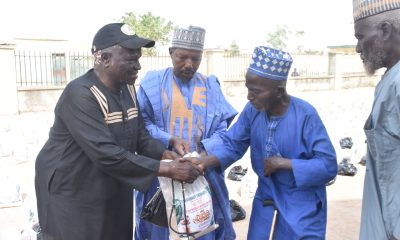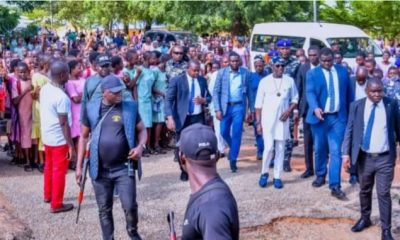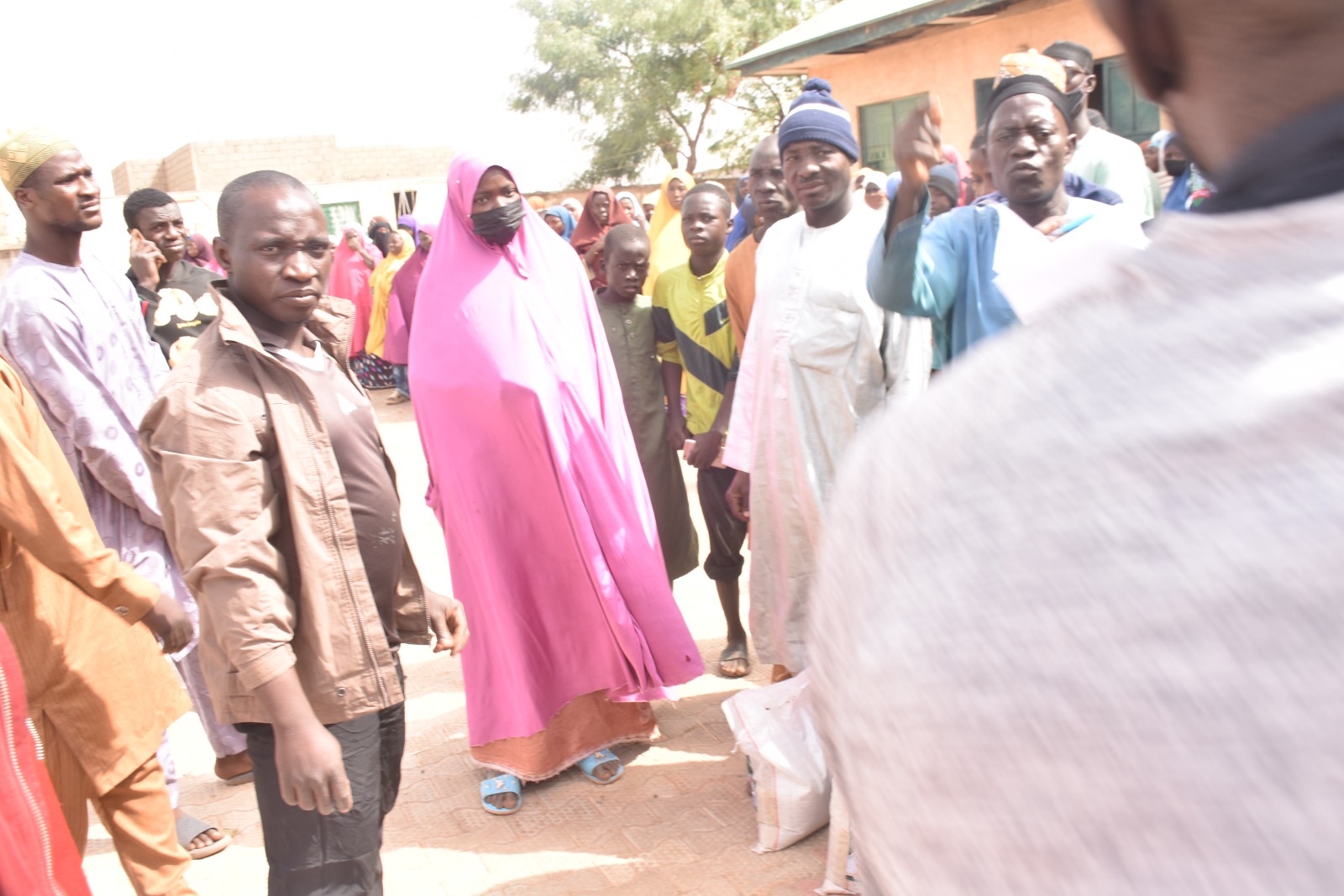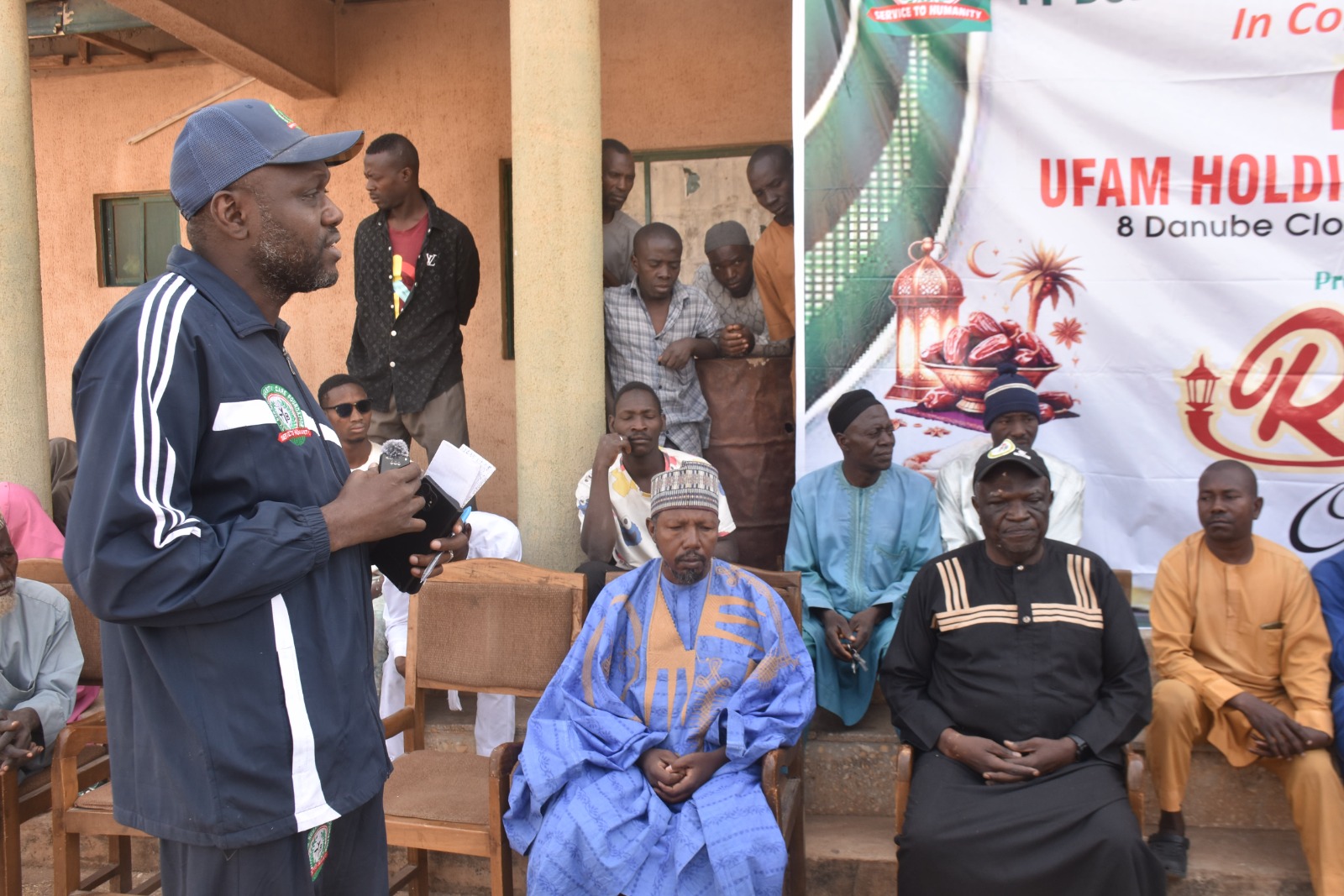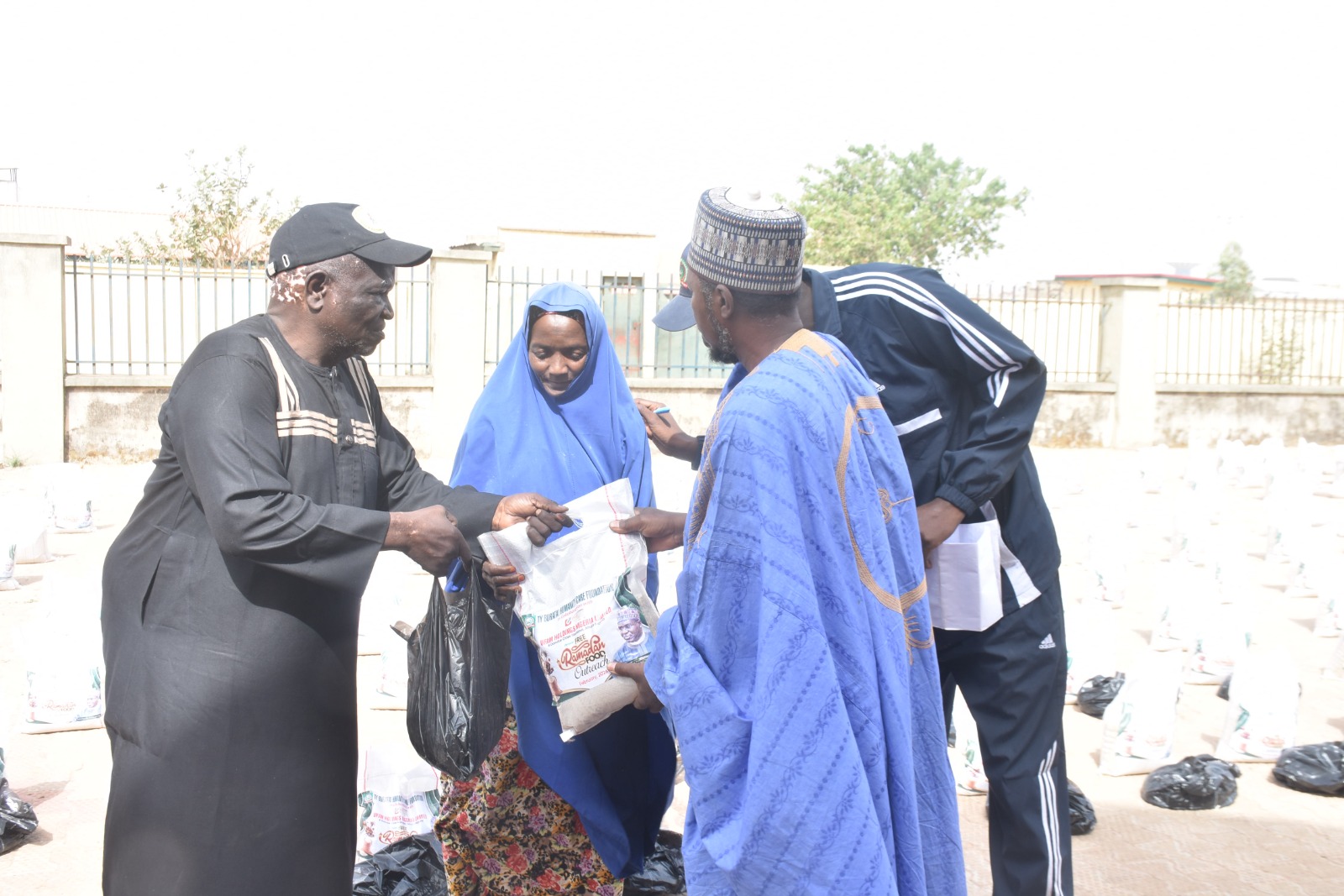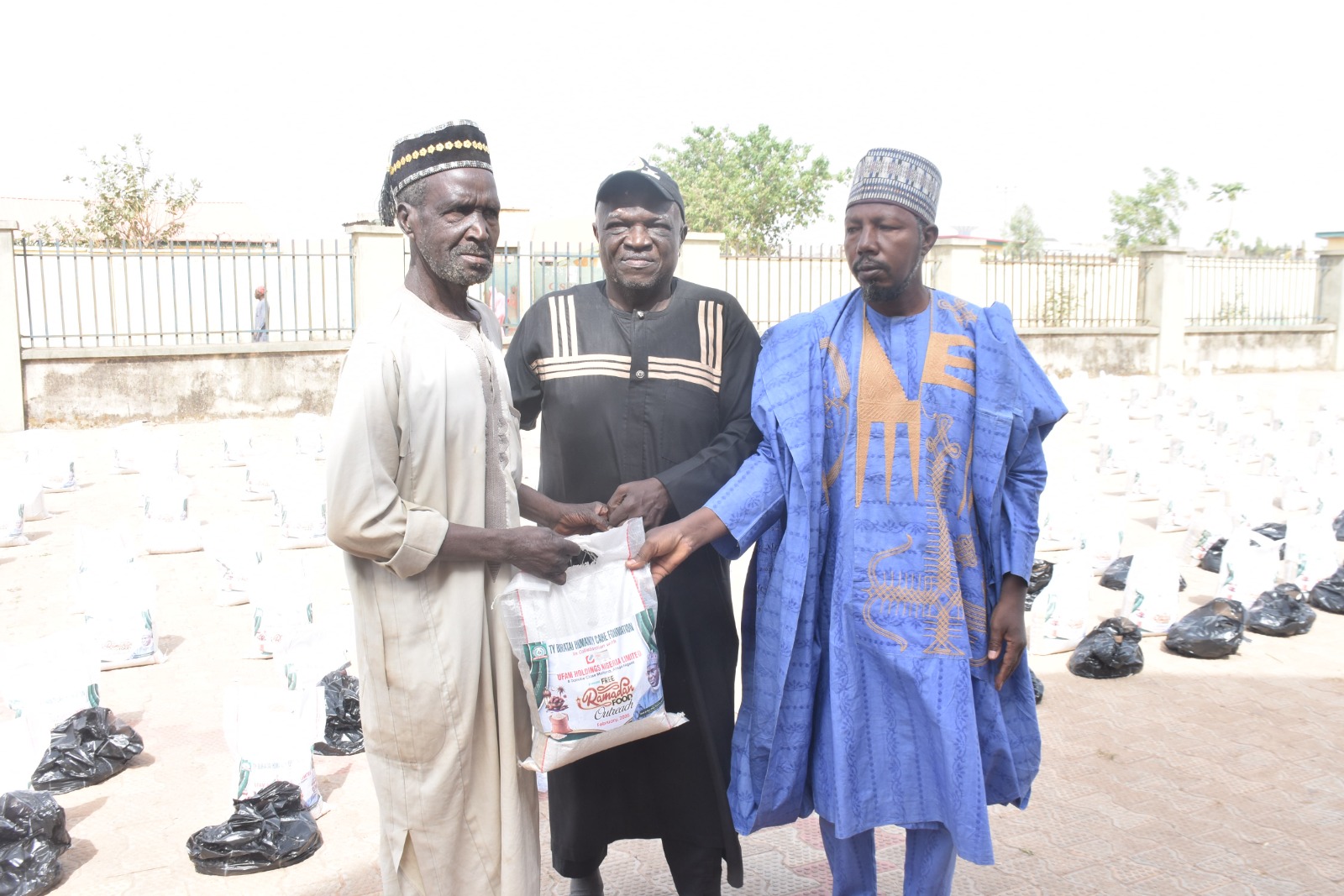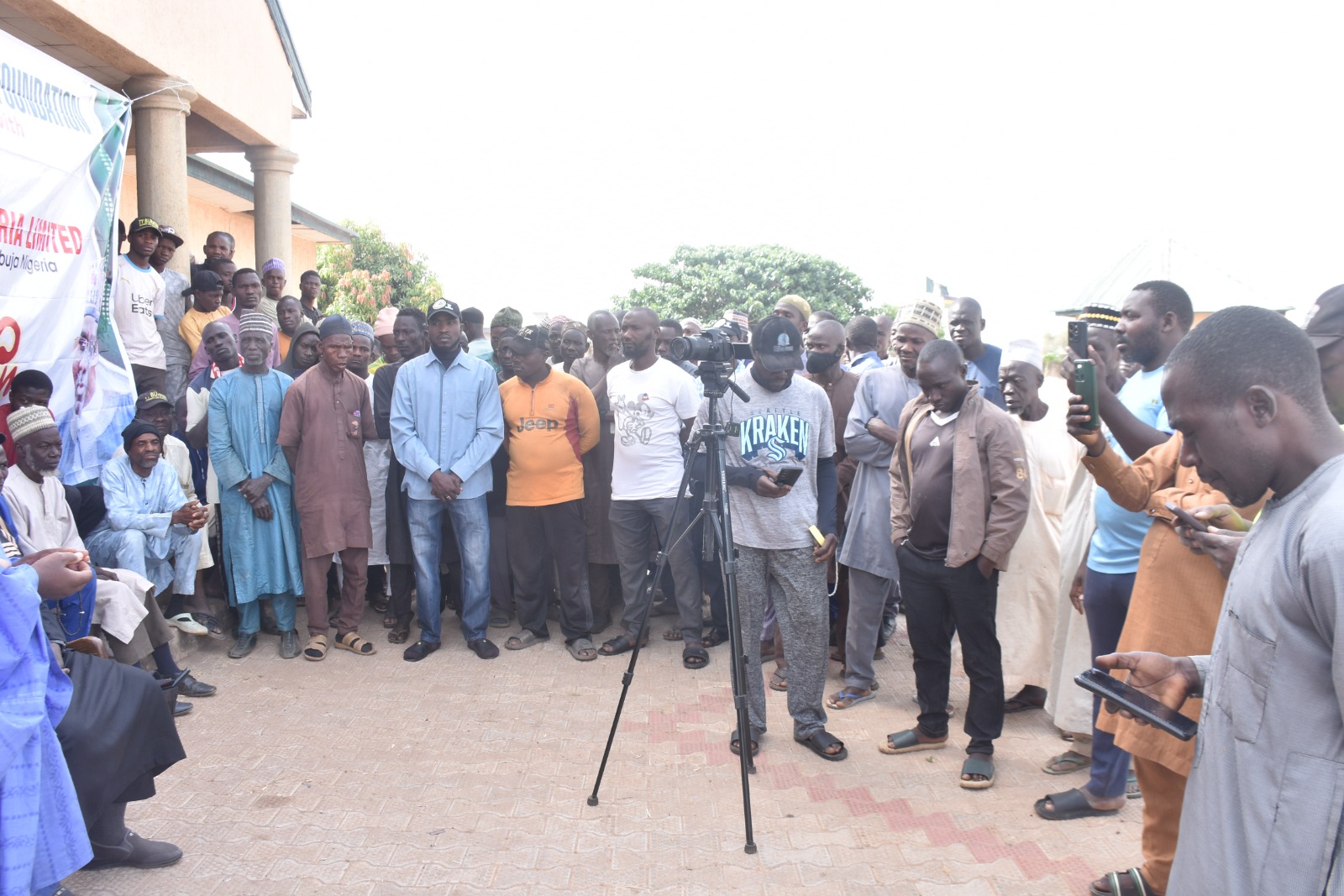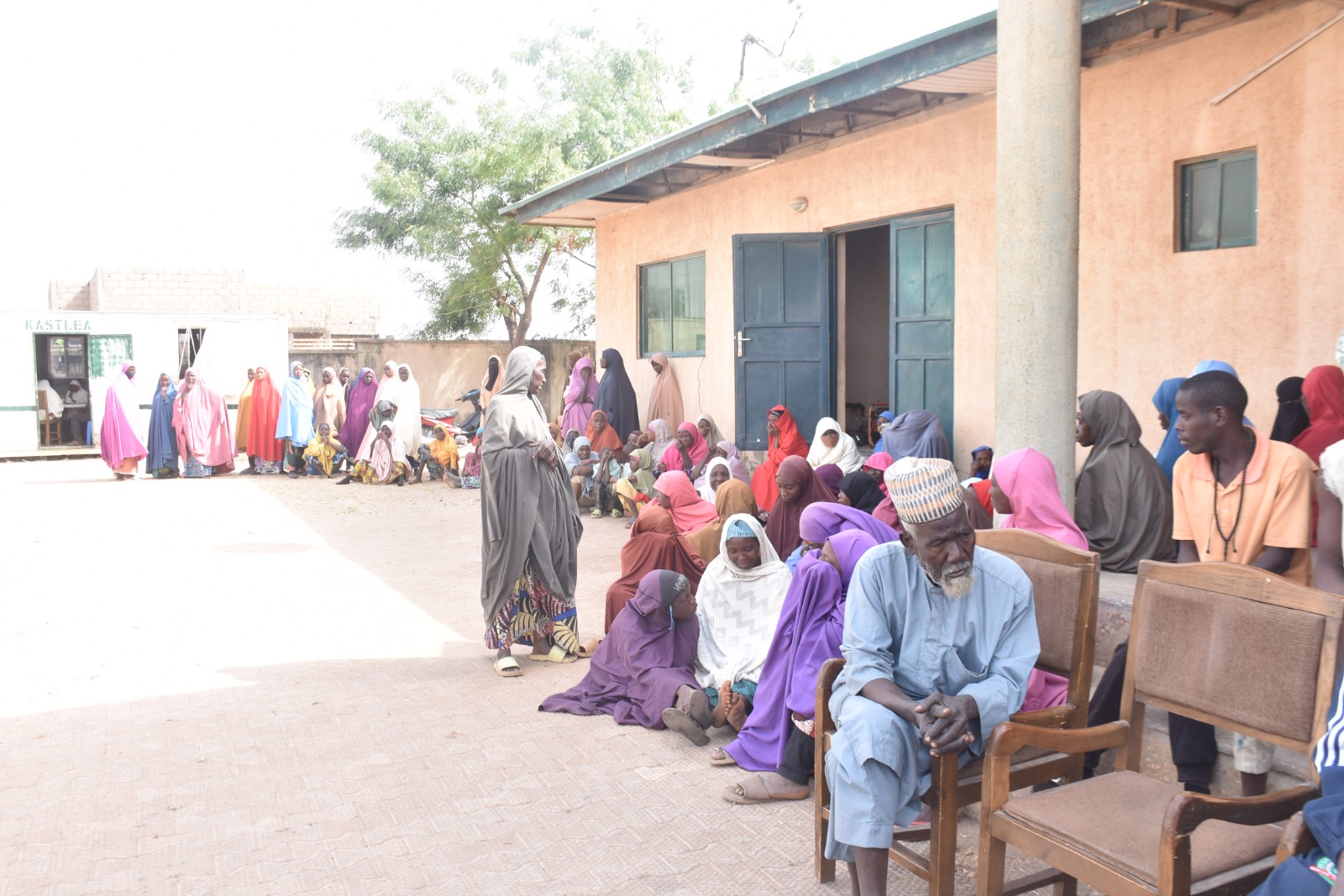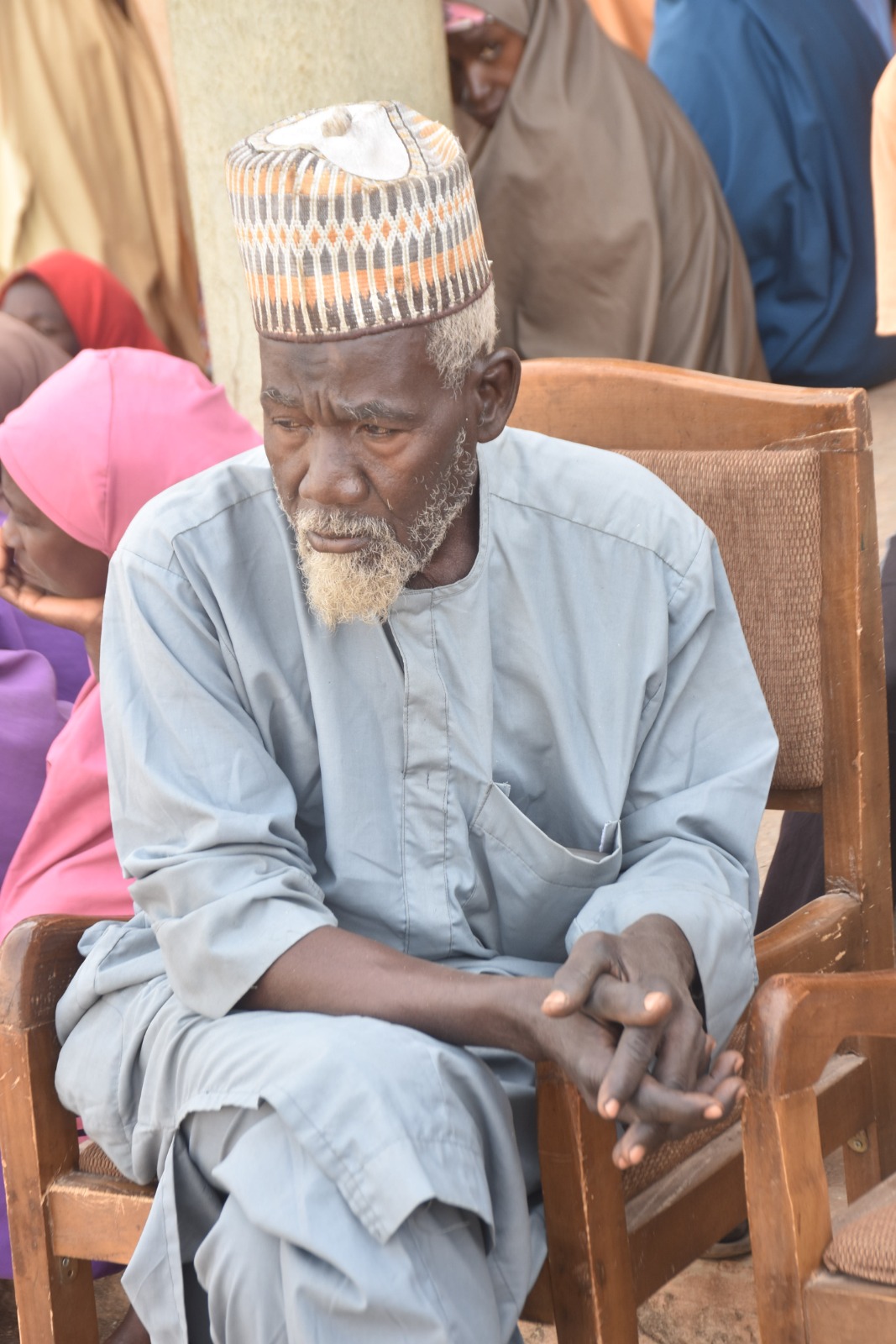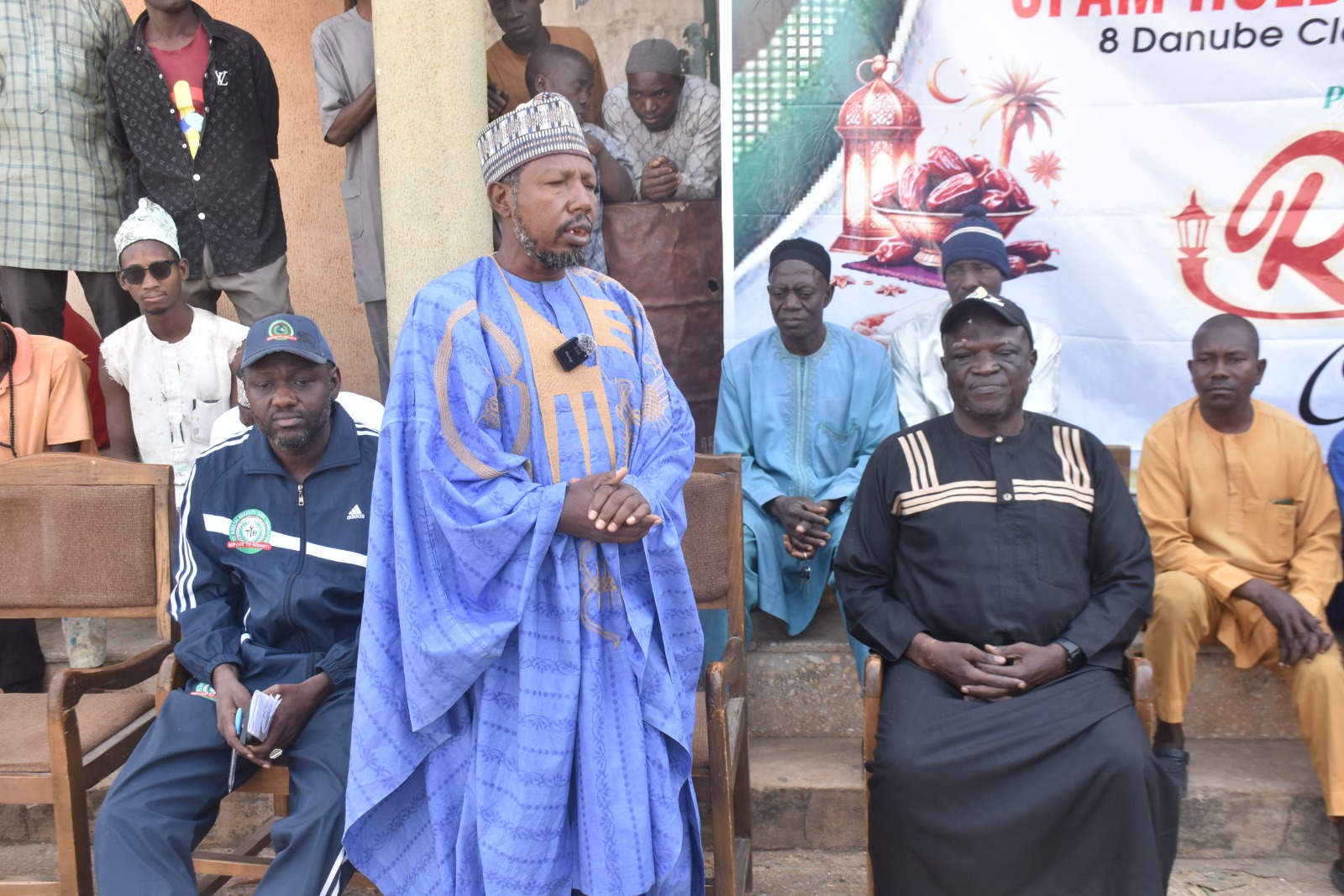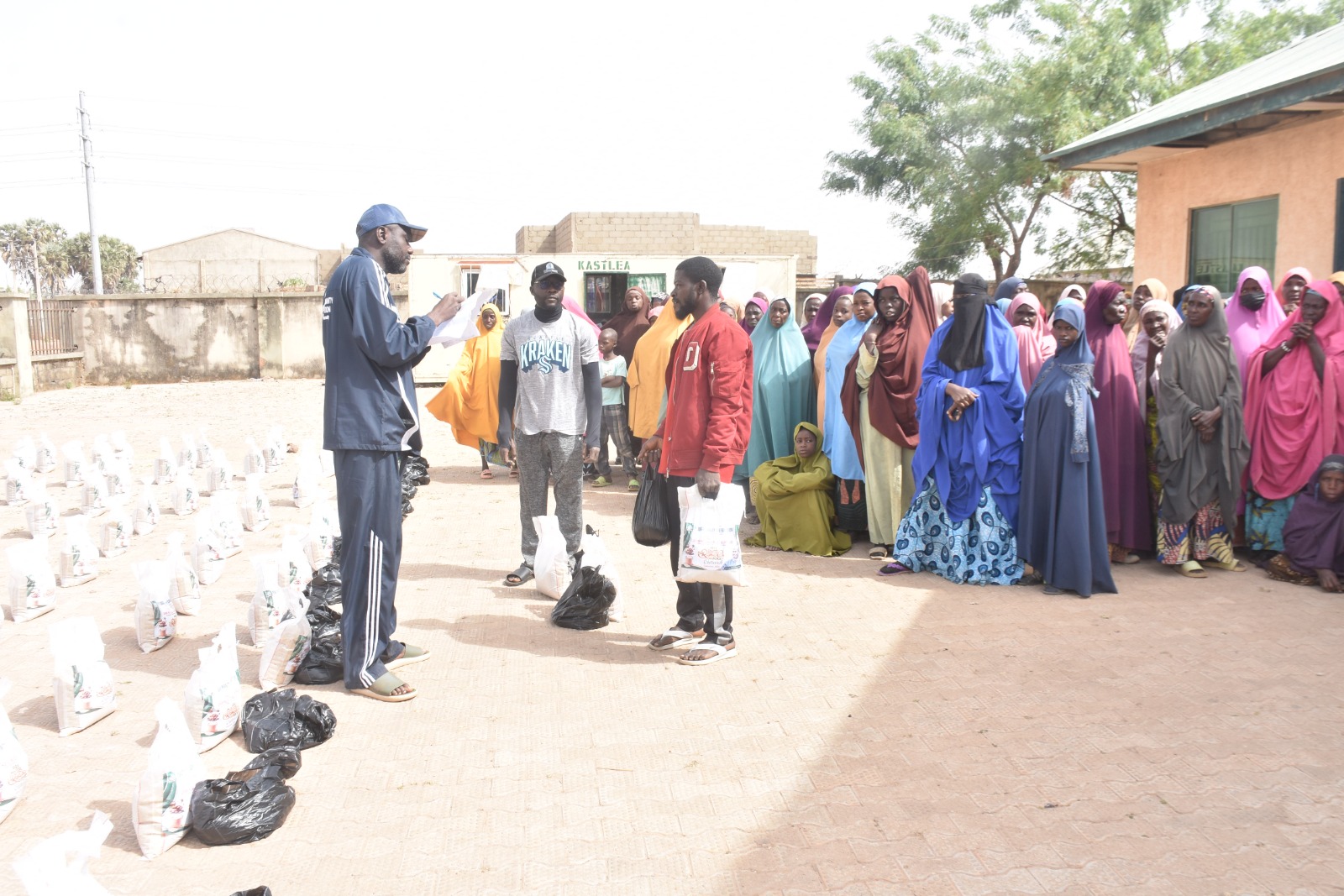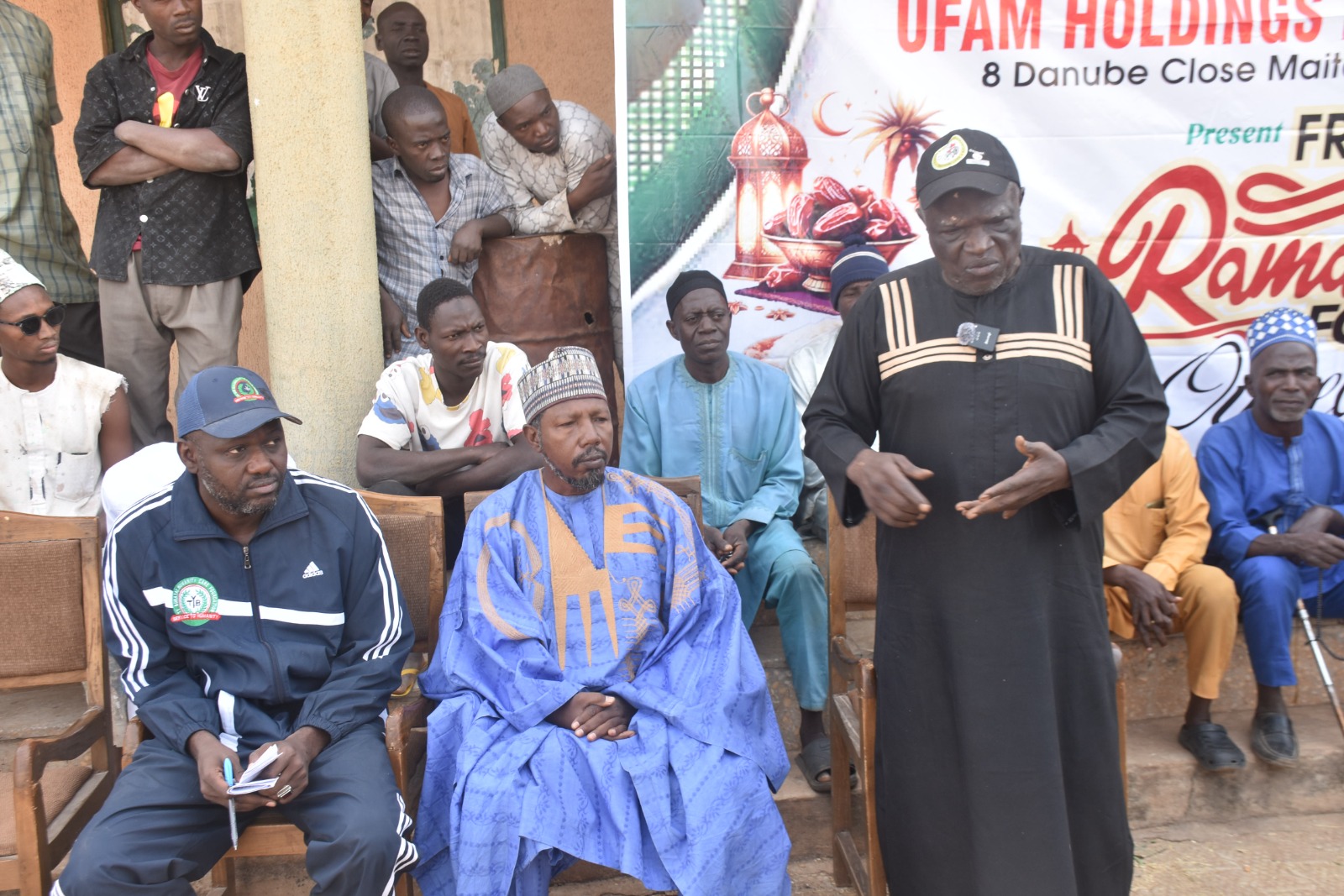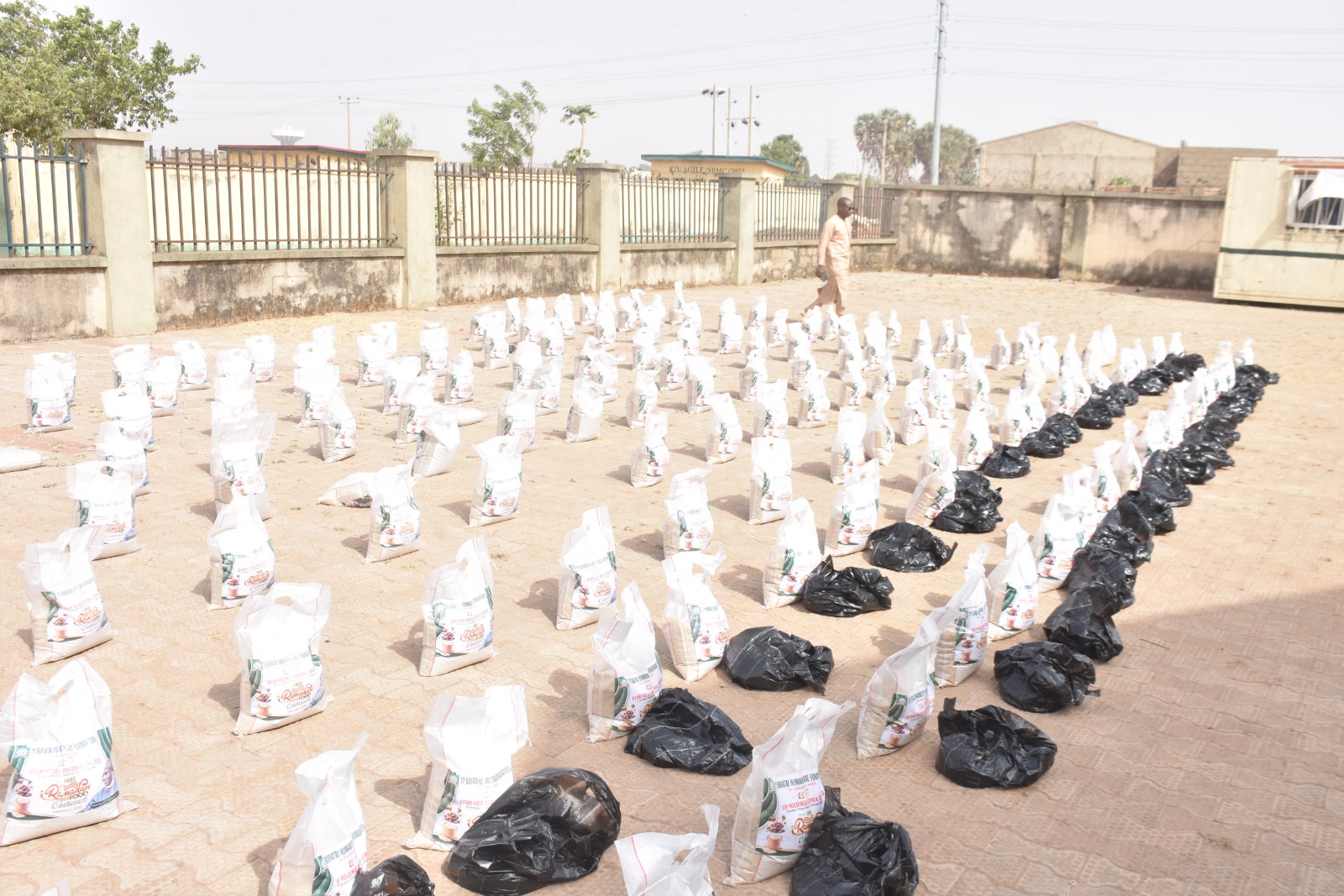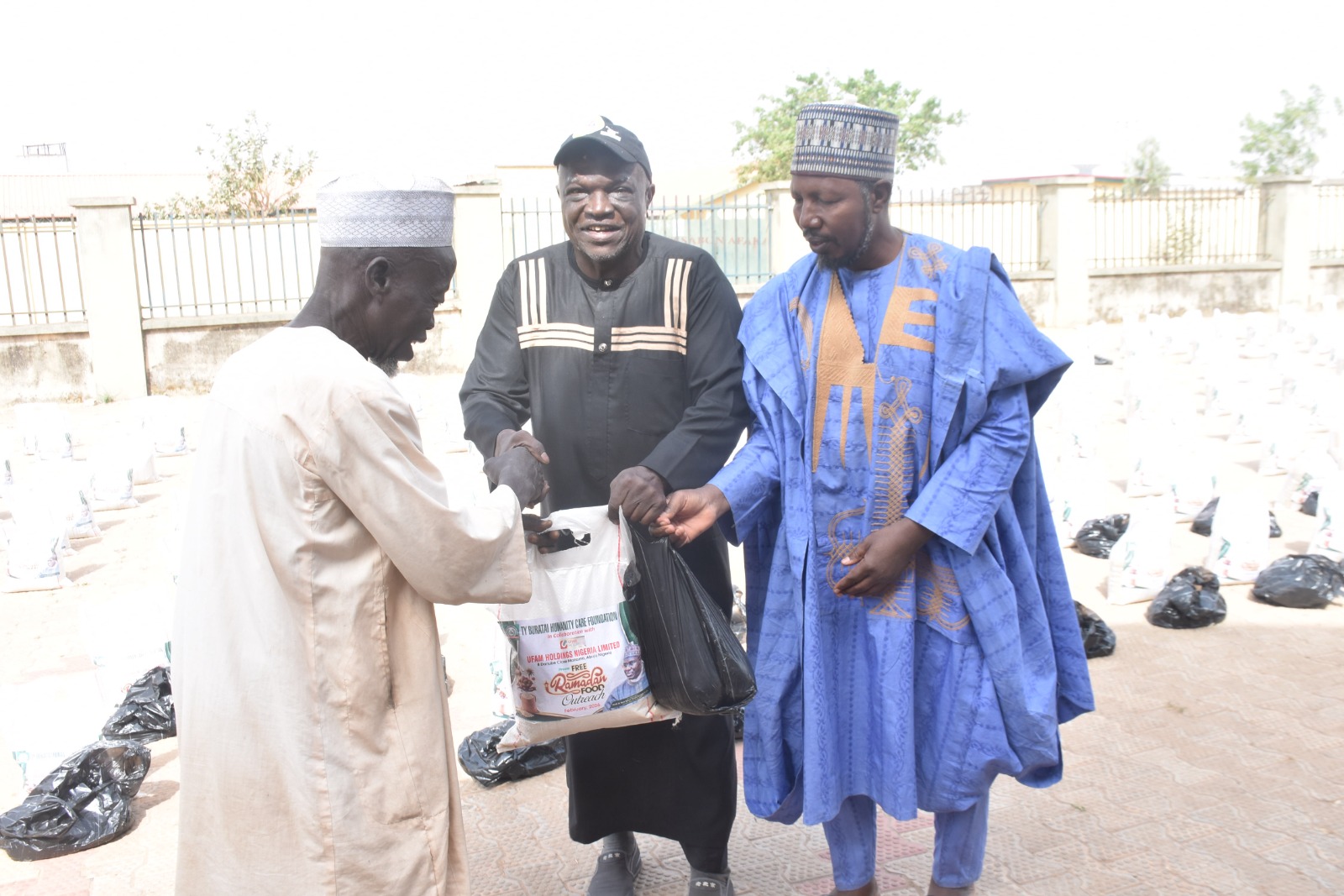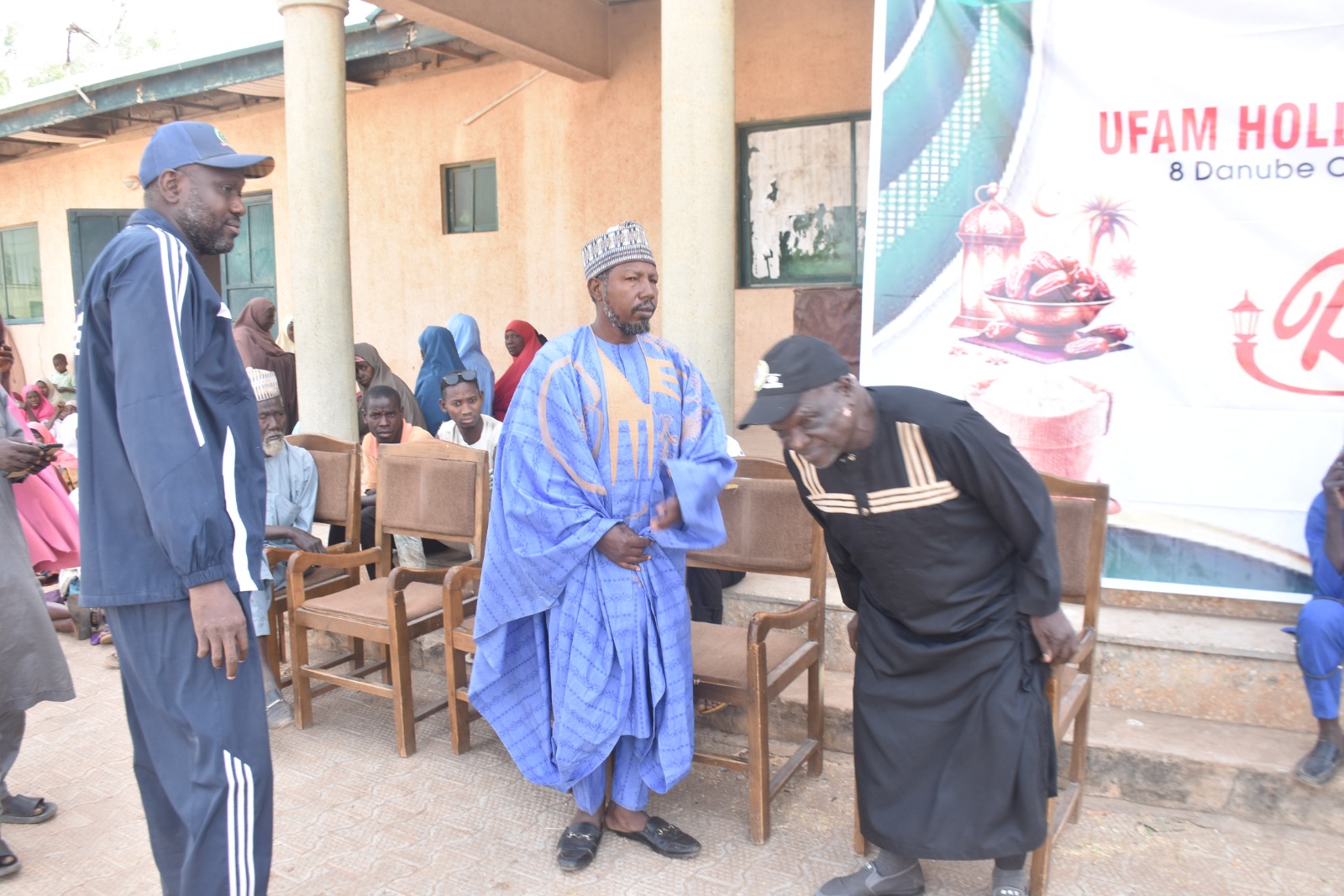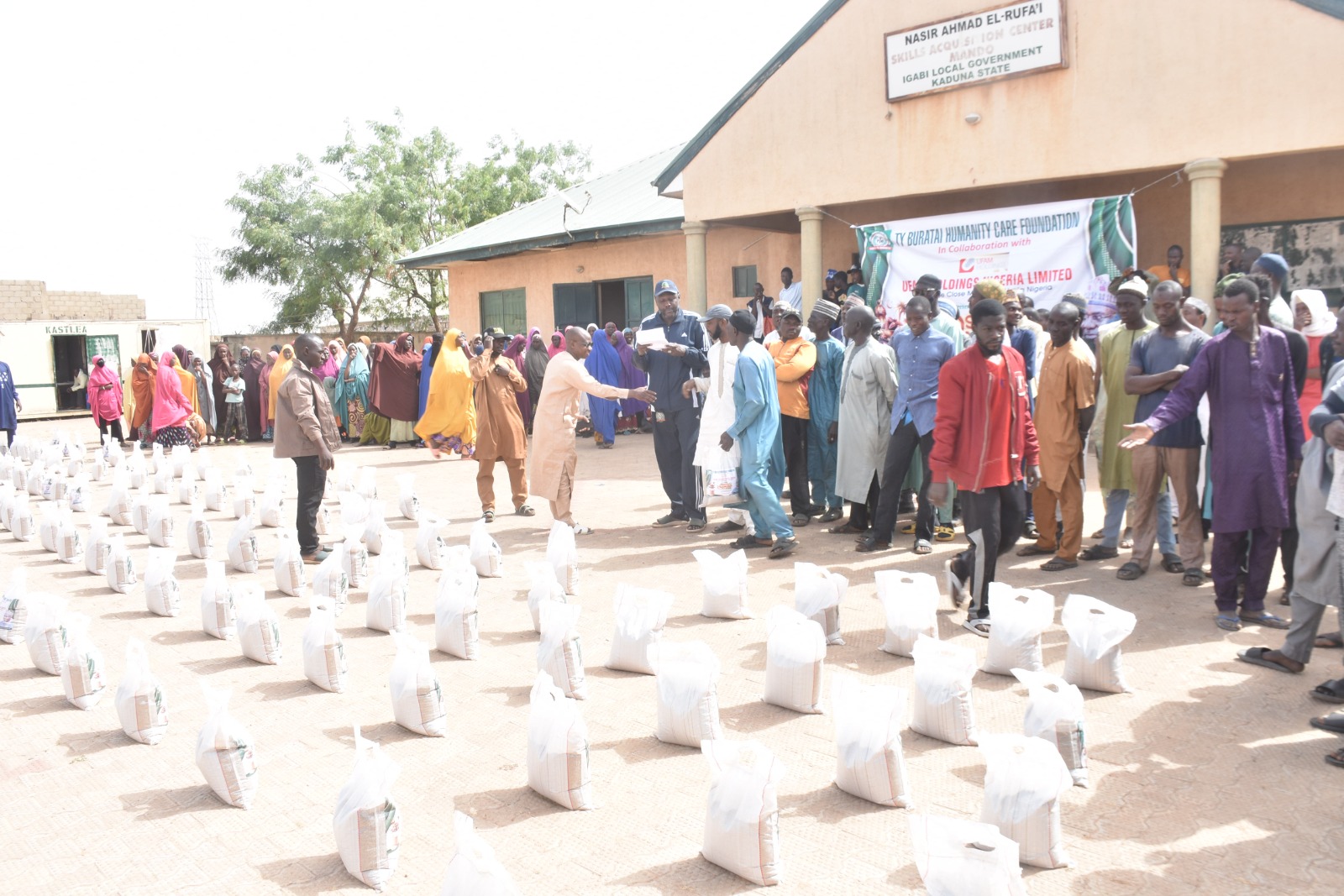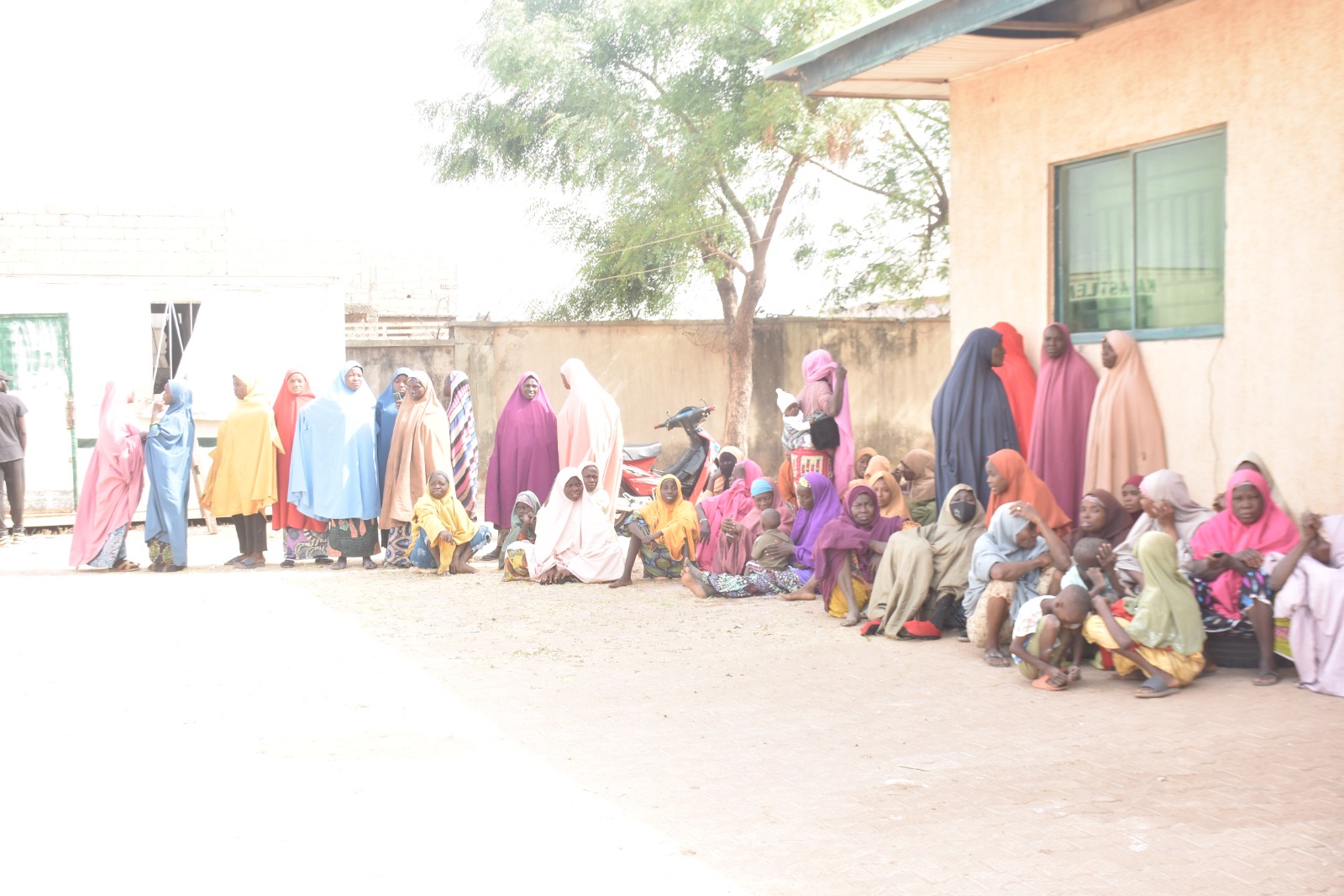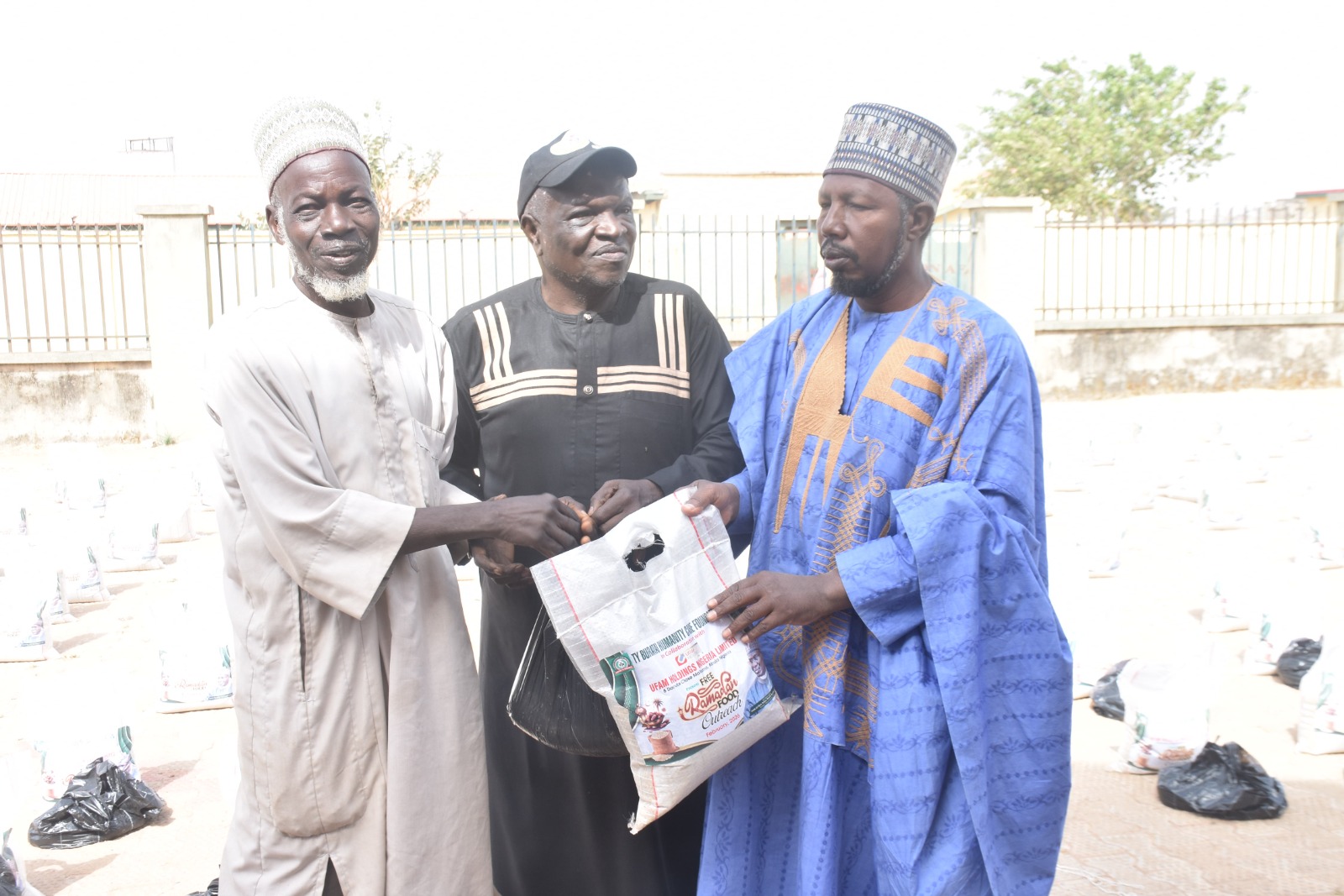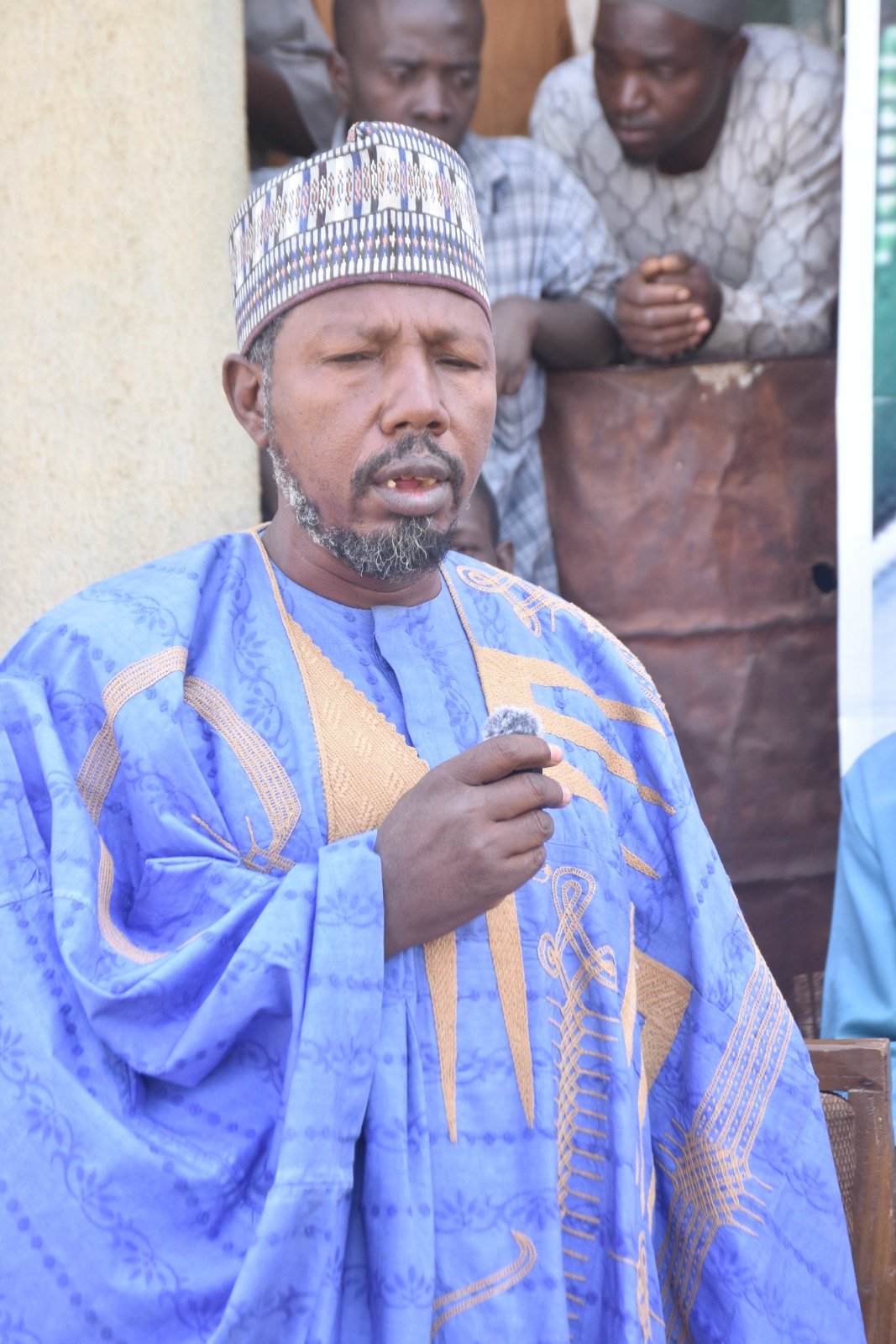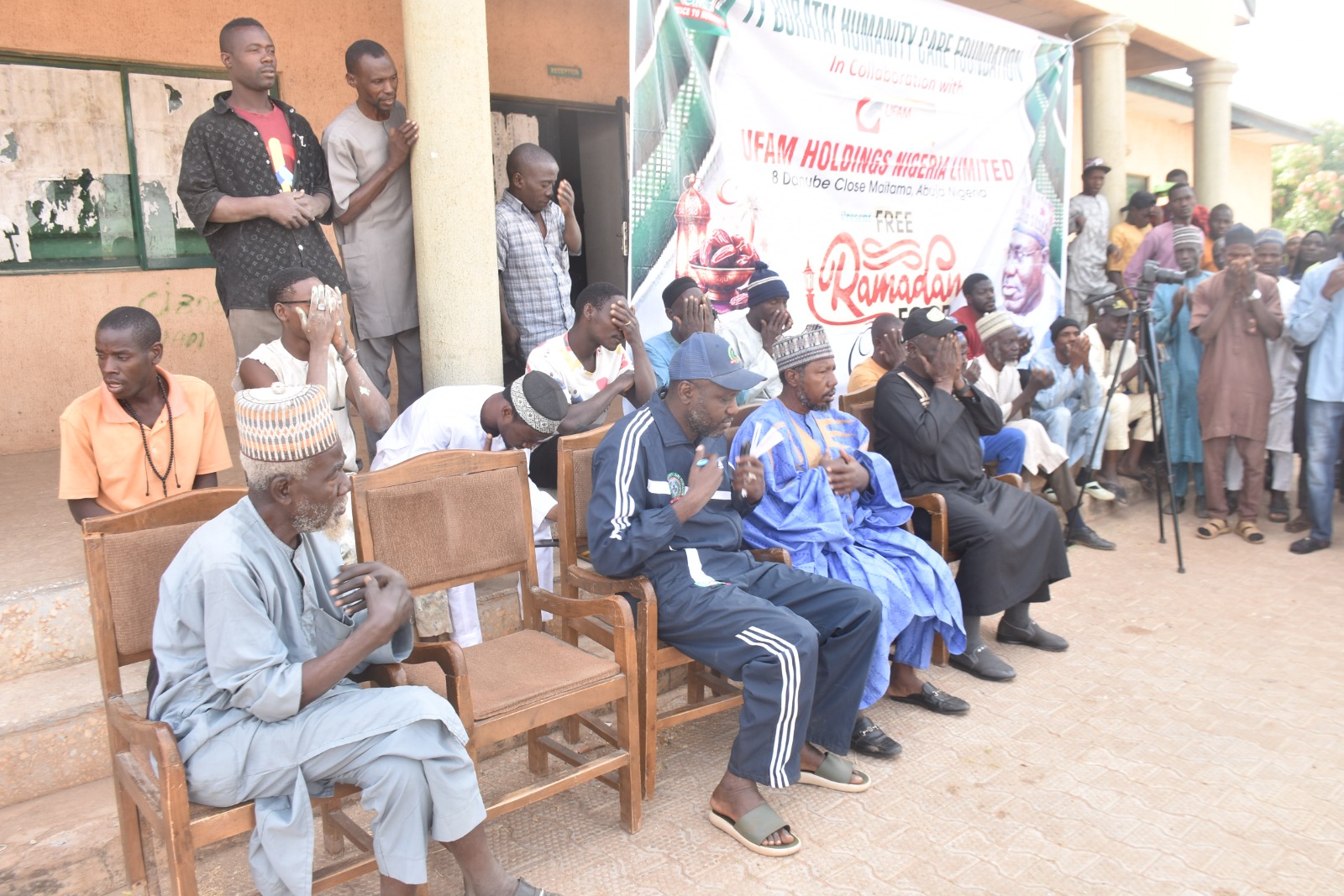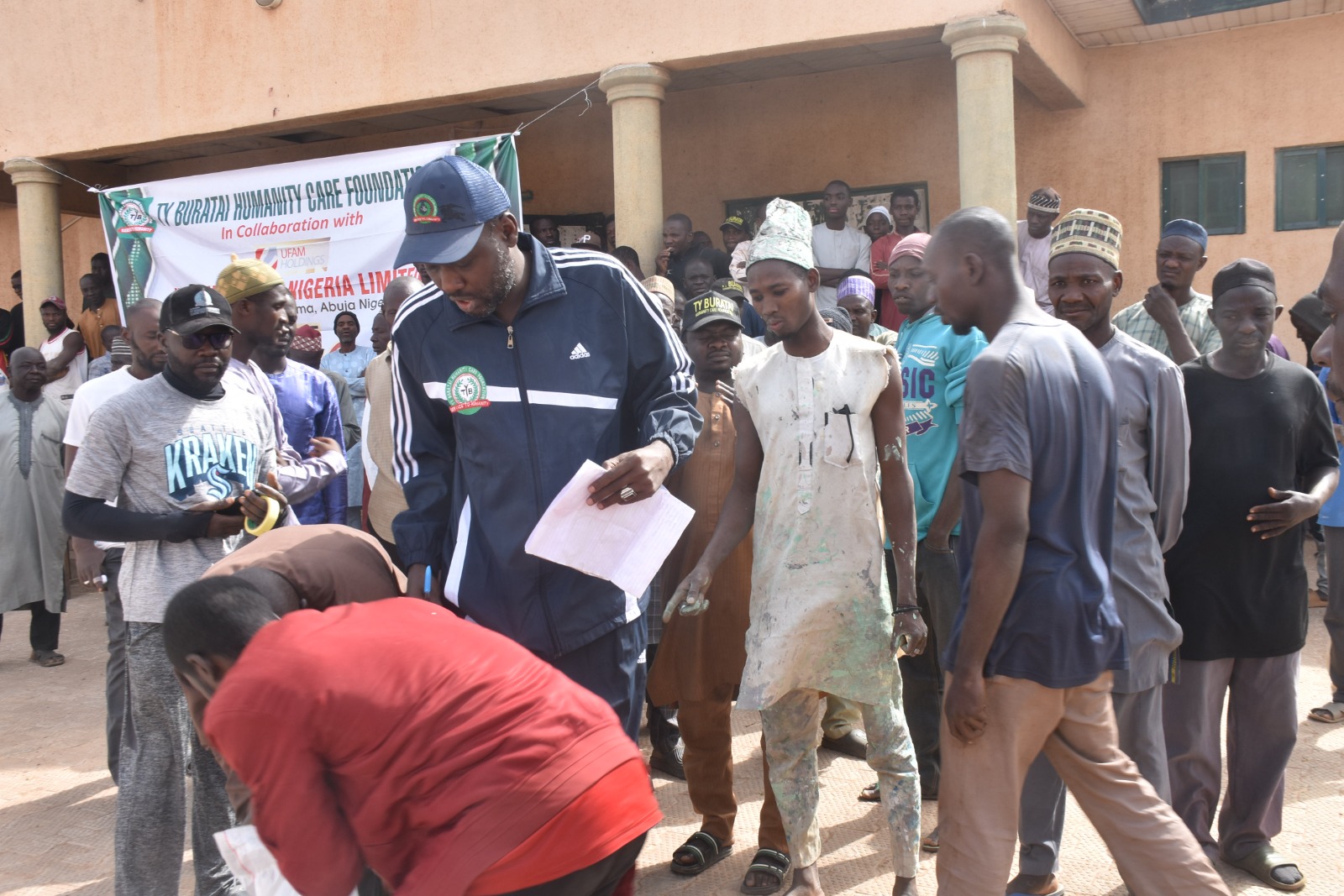society
COVID-19: CACOVID to buy Vaccines through FG, plans on distribution
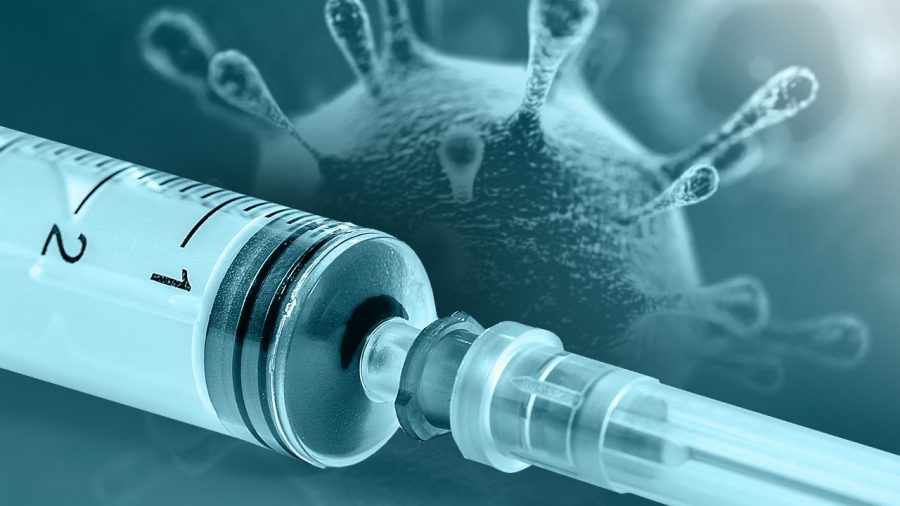
The private sector-led Coalition Against COVID-19 (CACOVID) has clarified that only the Federal Government, through the National Primary Healthcare Development Agency (NPHCDA) can obtain any COVID-19 vaccine for Nigeria in the ongoing fight against the coronavirus pandemic.
The coalition also explained that the process of buying the vaccines through the Federal Government has commenced and also that the National Agency for Food and Drug Administration and Control (NAFDAC) as an official regulatory body, has to approve the vaccine and certify it before use by Nigerians.
These clarifications were made by the Administrator of CACOVID, Mrs. Zouera Youssoufou, while speaking in Lagos during the Global Business Report programme on ARISE TV News. The clarification was made in reference to media reports that BUA (a member of CACOVID) had purchased a million doses of COVID-19 (AstraZeneca) vaccines through Afreximbank for Nigerians.
Responding to questions on how the CACOVID Collegiate Fund Works, Youssoufou, said, “The way this works is that we, as a group, agree on what to actually purchase, on how to purchase it and what the modalities of the purchase would be. This is how the group has been working since we were created back in March 2020. As you know we have several things including testing, test kits and getting isolation centres, PPEs, palliatives, communications among many others.
“So the purchase of the vaccines is very similar to the purchase of the testing supplies, meaning that we do this through very validated and subsidised means. Right now there are three mechanisms that Nigeria is participating in. One called COVAX, one called the African Union Vaccine Acquisition Task Force which is funded by Afreximbank, and the third one is the World Bank, which is also funding some of these vaccines.
“Nigeria as a country is a member of all these organisations. We as the CACOVID, the private sector coalition against COVID, our role is to support our government in what is needed in order to help our people in the context of this COVID-19. So I think the important thing that we all need to know is that there are several steps to procuring vaccines. The first thing is that government are the ones who can actually buy vaccines, so we as a private sector group, as individual companies, cannot buy vaccines, we can’t call AstraZeneca or Pfizer or Moderna to order vaccines from them. That is the first thing.
“The second thing is that the distribution of the vaccines and how they would be shared in our country has to be done by the National Primary Healthcare Development Agency (NPHCDA) which is the only agency in our country mandated to handle vaccines and so far, as you know people, children are being vaccinated everyday BCG, Polio. So those vaccines, that whole process is managed by the NPHCDA and they are going to be the ones managing this process too. So it is not a matter of sending money to the Central Bank, that is one step. But the real step is how do we get the vaccines into Nigeria and how do we distribute them to the people.
“I think the most over-looked element in this discussion on that aspect about getting vaccines next week, is that AstraZeneca or any vaccine has yet to be approved by NAFDAC, which is our regulatory agency. So without the approval of NAFDAC, there is no vaccine that can come into Nigeria and be distributed to Nigerians or shot into the arms of Nigerians. And I think this is where some of the misinformation had come in.”
On a question on the statement from BUA that the Central Bank of Nigeria put out a call to the CACOVID members on a small window through which to procure these vaccines, where someone had to step and they (BUA) came in and put up the money, Youssoufou replied, “First thing, I was on a call with the Afreximbank President on February 7 with Alhaji Aliko Dangote, Herbert Wigwe and Godwin Emefiele, and in that call, President Oranmah (Benedict) was explaining to us their model and how this task force was working with the AU and how they have set up a $2 billion facility to help fund the vaccines for Nigeria and for African countries, and that the allocation of 42 million vaccines had been made for Nigeria.
“He also told us about an extra one million doses that we can get if we can confirm that we wanted those doses immediately by the next day February 8. And so CACOVID leaders agreed that yes, this was a good thing and would bring it to the meeting the very next day, which happened. So we had the meeting yesterday (February 8) and that discussion actually happened. What is really important to know is that Afreximbank, after that call, already secured those doses for Nigeria because they had the confirmation from the Central Bank Governor, Alhaji Aliko Dangote, and Herbert Wigwe that they would pay for these one million doses.
“Now, the doses don’t come in; it’s not as if we get a million doses of vaccines one day getting dumped into Nigeria; they get delivered at a specific pace. So we might get a hundred thousand (100,000) immediately, 150,000 the next week, and then let’s say another hundred thousand. So we will never get a million doses in one single day coming into Nigeria at once. And in order for that to happen, we have to work very closely with both the National Primary Healthcare Development Agency which I just explained are the ones who would be managing this process of getting the vaccine into people’s arms, but also sorting out the logistics.
“Vaccines have to be stored at a certain temperature; when they land from the plane, they come out of a cooler, they have to be transferred to another freezer. Then we have to get those vaccines across the country. We also have to follow a very logical logistics chain of how we are going to get the vaccines from point A to point B, what centres are going to get them, who are the people who are going to get vaccinated, where the health workers are going to be doing the vaccinations.
“This is the work that the National Primary Healthcare Development Agency does. Dr. Faisal Shuaib (Executive Director NPHCDA) has to be part of this conversation in order for us to have any legitimacy in bringing vaccines back into Nigeria. So that is the way it happened. But in terms of the vaccine being secured, the vaccines are already secured because President Oranmah said ‘I’ll hold these for you’ for Nigeria. Now we need to get AstraZeneca approved in Nigeria and that’s not for us to do but for NAFDAC to do and then the payment that would go from CACOVID to Afreximbank on behalf of Nigeria for these vaccines would then happen.
“So nobody is disputing a transfer into Central Bank account; nobody is saying that did not happen, that is not where the challenge is. The challenge is the claim that one company has brought vaccines into Nigeria because that is not factual,” Youssoufou added.
In a statement issued to clear the air on the COVID-19 vaccines purchase, the Coalition noted in part that, “These claims are not factual as CACOVID operates on a collegiate fund contribution model. There is no agreement between BUA, CACOVID and Afreximbank.”
According to the statement, CACOVID leadership agreed to contribute $100 million to procure vaccines for Nigeria, noting that “these 1 million doses from Afreximbank worth $3.45 million, being the very first tranche. CACOVID will purchase vaccines through other credible and subsidised mechanisms such as COVAX.”
society
RAMADAN CHARITY: TY BURATAI HUMANITY CARE FOUNDATION AND UFAM HOLDINGS LTD EXTEND FOOD RELIEF TO MANDO COMMUNITY
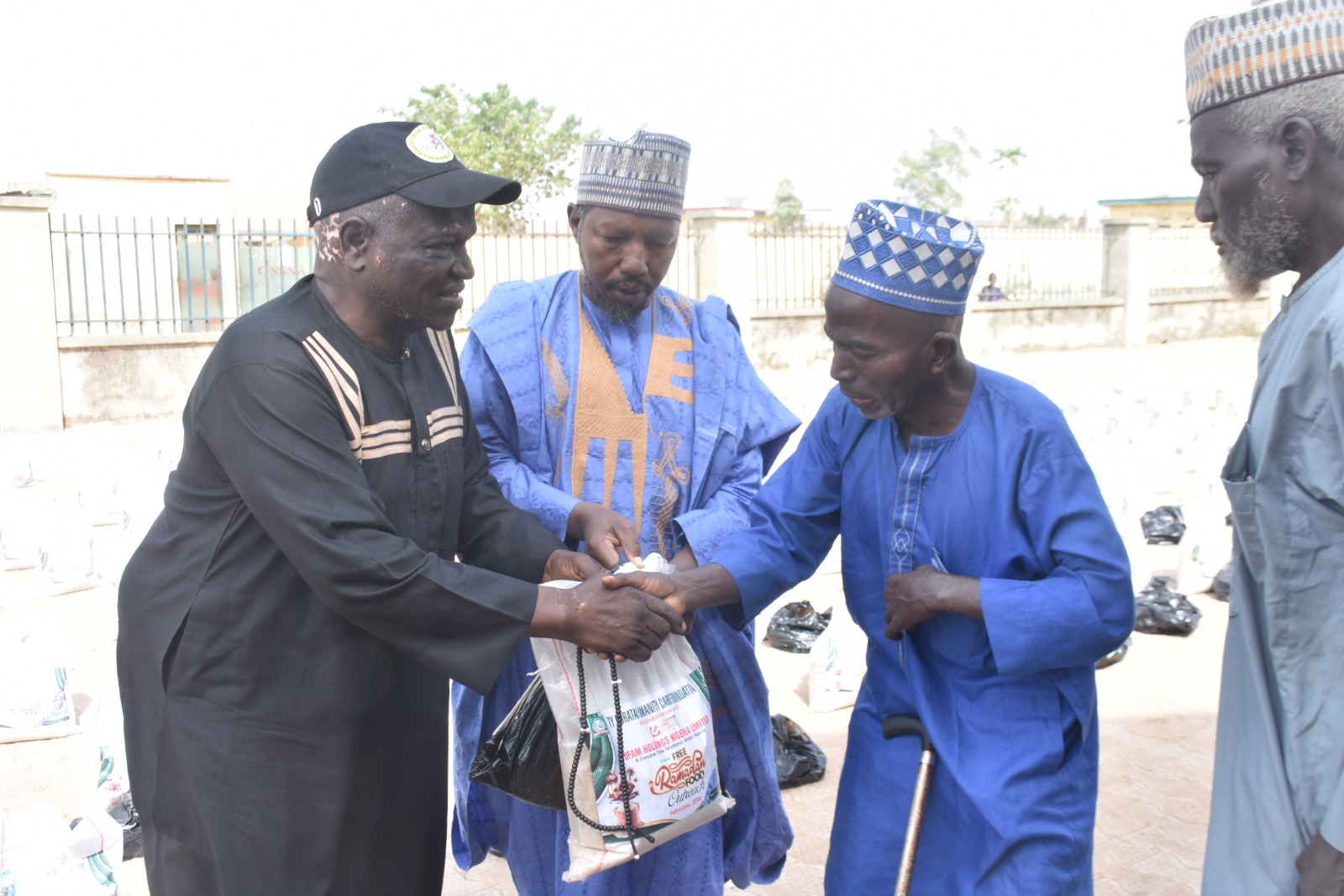
*RAMADAN CHARITY: TY BURATAI HUMANITY CARE FOUNDATION AND UFAM HOLDINGS LTD EXTEND FOOD RELIEF TO MANDO COMMUNITY*
In a remarkable display of compassion and community support, the TY Buratai Humanity Care Foundation, in collaboration with UFAM Holdings Ltd, successfully distributed food relief to over 1,000 less privileged individuals in the Mando community, Afaka, Igabi, Kaduna State, as part of the Ramadan celebrations.
The initiative, aimed at alleviating hunger during this sacred month, saw community members receiving essential food items to ensure they can observe Ramadan with dignity and sustenance. The distribution took place at the Skill Acquisition Centre, where beneficiaries gathered to collect their food packages.
During the event, the Deputy Chief Imam of Mando Central Mosque, Sheikh Bashir Adam Saleh Algoni, expressed his gratitude for the philanthropic effort. “We appreciate this gesture immensely,” he stated. He urged the public to keep the Grand Patron of the Foundation, His Excellency Amb Lt Gen Tukur Yusufu Buratai, in their prayers, acknowledging his ongoing commitment to helping the less privileged. He also highlighted the contributions of UFAM Holdings Ltd, urging support for their charitable endeavors.
Beneficiaries of the food relief expressed their profound gratitude, offering prayers for Allah’s blessings on both the foundation and the company for their generous assistance during this holy month.
In his remarks, the Special Guest of Honour, His Excellency Amb Lt Gen Tukur Yusufu Buratai CFR Rtd, former Chief of Army Staff and Grand Patron of the Foundation, who was represented by Col Haruna Idris Zaria Rtd, thanked the public for their continuous prayers. He emphasized the importance of using the month of Ramadan to pray for the betterment of the country and an end to the insecurity plaguing the nation. He also urged the community to support and pray for security agencies, recognizing their sacrifices in maintaining peace and safety.
This charitable initiative not only highlights the spirit of Ramadan but also reinforces the importance of community solidarity and mutual support during challenging times.
society
Obi’s Reform Agenda Rekindles Scrutiny of Nigeria’s Political Wealth

Obi’s Reform Agenda Rekindles Scrutiny of Nigeria’s Political Wealth
By George Omagbemi Sylvester | Published by SaharaWeeklyNG
“Momodu’s remarks spotlight elite affluence as analysts warn of resistance to cost-cutting reforms.”
Prominent publisher and politician Dele Momodu has reignited debate over the vast wealth attributed to sections of Nigeria’s political class, asserting publicly that certain politicians could raise as much as $500 million at short notice to secure presidential power. Though no names were mentioned, the claim has sharpened national conversations about transparency, accountability, and the true cost of governance.
Nigeria’s persistent struggle with corruption is well documented by bodies such as Transparency International, whose global assessments frequently rank the country low on public sector integrity. The optics of expansive private mansions, luxury assets, and foreign-based lifestyles among political families continue to fuel public suspicion, particularly in a nation grappling with inflation, debt pressures, and widespread poverty.
The controversy unfolds against the backdrop of reform advocacy by Peter Obi, who has consistently argued for cutting governance costs and institutionalizing fiscal discipline. Political economist Professor Pat Utomi maintains that entrenched elites often resist structural reform, describing elite capture as a systemic barrier to democratic accountability. Nobel Laureate Wole Soyinka has similarly warned that democracy without transparency breeds cynicism and instability.
While no specific officeholders have been formally indicted in connection with Momodu’s remarks, the broader issue remains potent: public demand for principled leadership is rising, and scrutiny of political wealth is unlikely to fade as future elections approach.
society
Obi Would Defeat Even Jesus at the Polls”: Viral Remark Sparks Political Debate Online

“Obi Would Defeat Even Jesus at the Polls”: Viral Remark Sparks Political Debate Online
By George Omagbemi Sylvester
A viral statement by a prominent supporter of former Anambra State governor and Labour Party presidential candidate Peter Obi has ignited widespread reactions across Nigeria’s political landscape. The supporter, popularly known as Mama Pee, declared during a live social media broadcast earlier this week that “If Jesus comes down to contest in Nigeria, Obi go win am,” a remark intended to emphasize Obi’s perceived popularity among his core supporters.
The comment, which surfaced on X and Facebook, quickly generated sharp responses from supporters of President Bola Ahmed Tinubu of the All Progressives Congress (APC) and former Vice President Atiku Abubakar of the Peoples Democratic Party (PDP). While many Labour Party loyalists defended the statement as political exaggeration, critics described it as reflective of growing personality-driven politics.
Obi, who contested the 2023 presidential election under the Labour Party and placed third according to official results released by the Independent National Electoral Commission, has not issued any public response to the remark.
The episode underscores the continued intensity of political engagement following the 2023 general elections, with online discourse increasingly shaping narratives around Nigeria’s evolving democratic space.
-

 celebrity radar - gossips6 months ago
celebrity radar - gossips6 months agoWhy Babangida’s Hilltop Home Became Nigeria’s Political “Mecca”
-

 society5 months ago
society5 months agoReligion: Africa’s Oldest Weapon of Enslavement and the Forgotten Truth
-

 society6 months ago
society6 months agoPower is a Loan, Not a Possession: The Sacred Duty of Planting People
-

 news7 months ago
news7 months agoTHE APPOINTMENT OF WASIU AYINDE BY THE FEDERAL GOVERNMENT AS AN AMBASSADOR SOUNDS EMBARRASSING


